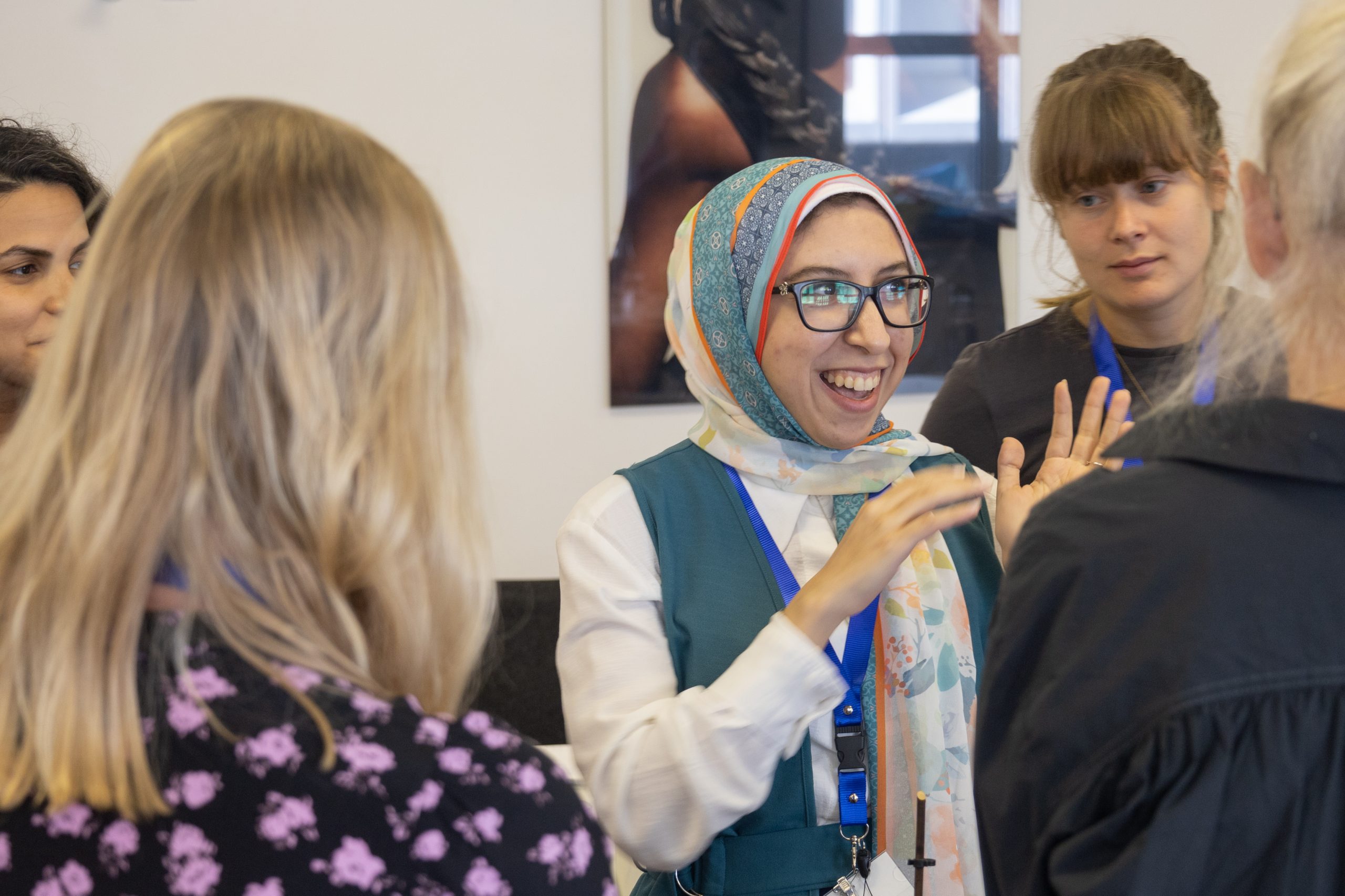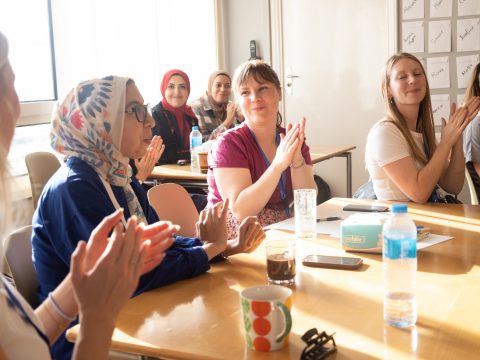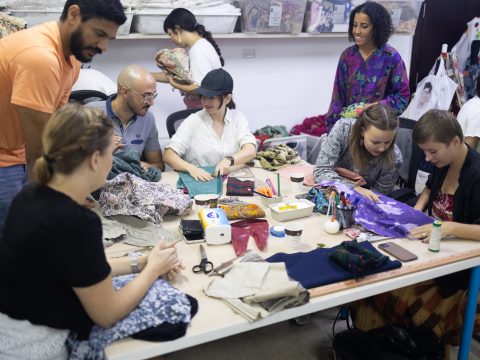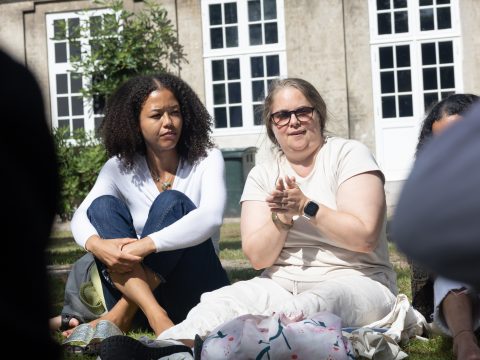Women Take the Lead network provides the opportunity for its participants – from across sectors in Denmark and Egypt – to make a deeper, more personal connection. The 22 women meet for the first time in Copenhagen in August.
By Rowan El Shimi
In a busy restaurant in Copenhagen, one warm evening in August, 22 women from Egypt and Denmark meet for the first time – in a non-virtual setting at least. They’ve been getting together since they were all selected to be members in the Women Take the Lead Network: the first time in March with each delegation meeting and then in June when they had a virtual meeting bringing everyone together.
This is the launch of the first international workshop taking place within the network’s program. For the next three days the women would go on to visit some of the Danish participants’ workplaces, cycle together around Copenhagen, go singing as well as spend hours together in conversations and debates.












